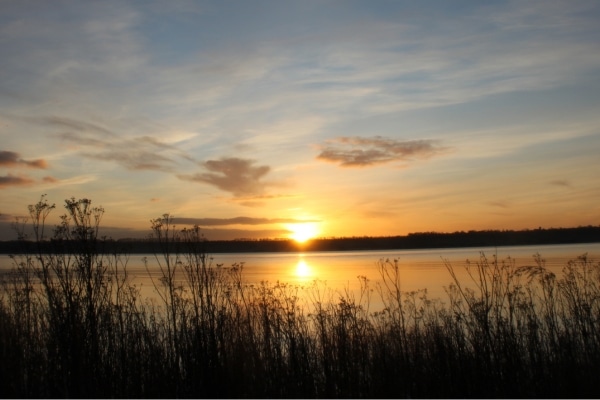
Wildfowling in Wales receives boost from the BASC Wildlife Fund
The BASC Wildlife Fund has awarded its first loan in Wales to the Wentloog Wildfowling and Conservation Association.
Get information on the legal shooting season for mammals and birds in the UK.
Apply for funding for your project or make a donation today
Comprehensive information and advice from our specialist firearms team.
Everything you need to know about shotgun, rifle and airgun ammunition.
Find our up-to-date information, advice and links to government resources.
Everything you need to know on firearms law and licensing.
All the latest news and advice on general licences and how they affect you.
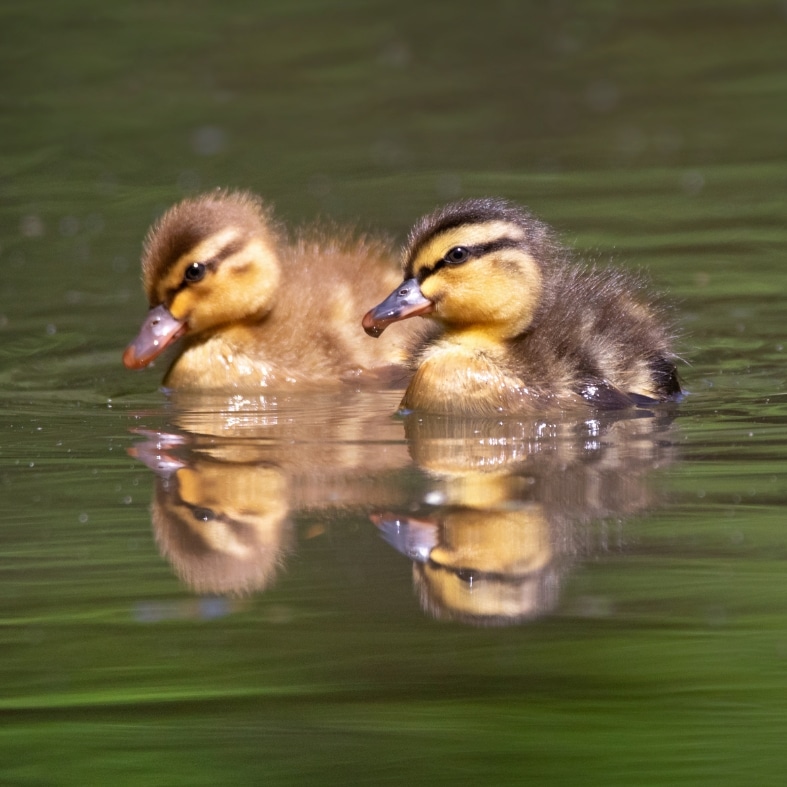

As the duck shooting season heads to its close, we approach next breeding season for wild duck in the UK. This is the perfect time to think about taking part in BASC’s duck nest tube project to assist mallard and other duck species, says BASC’s Sophie Stafford.
The inland duck shooting season ends on 31 January. If you have duck nest tubes sited already, now is a good time to think about where they are placed and if any changes need to be made to their location, or how the surrounding habitat is managed.
If this will be your first year taking part in the project, consider carefully where your nest tube should be placed.
It should be somewhere away from running water and close to vegetation such as reeds, where fledglings can feed and be protected from predators after leaving the nest.
If you haven’t already, this is a good time to undertake maintenance on nest tubes used in previous years, or site more if you have the space.
If you are new to the project, this is the time to make and install your duck nest tubes. Contact your local BASC office to provide materials and for help installing the nests.
As mallards can breed year-round in the UK, make sure to check the tubes for any activity before carrying out any maintenance.
If you have shot ducks during the season and collected the wings, send them to BASC for analysis as part of the duck and goose wing survey.
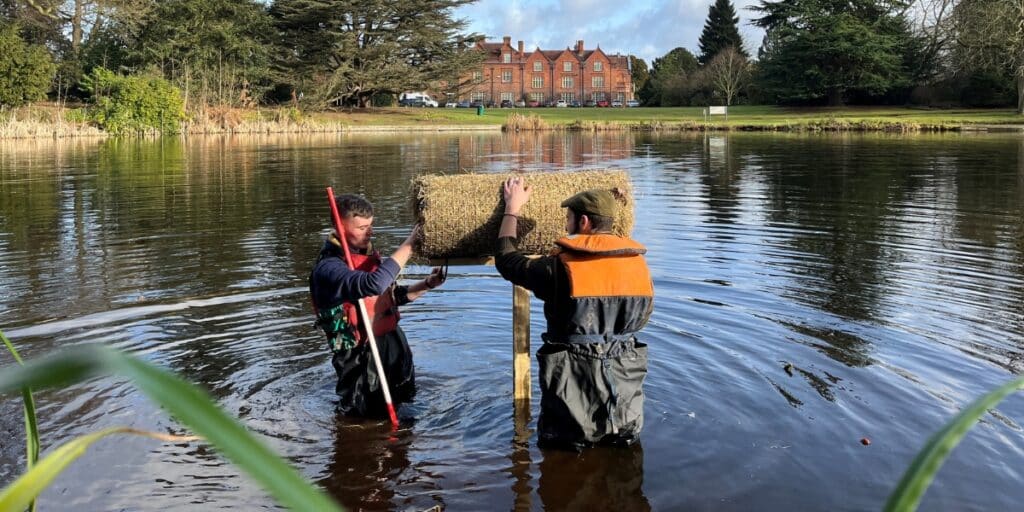
Carry out habitat management in the area around your nest site(s). If there are any wildfowl present, try to minimise this work and any other disturbance around or near the sited nests.
If using predator control, Larsen traps and mink rafts should now be set. If you need to manage rodents, make sure you are aware of regulatory changes to the use of rodenticides.
Check general licence conditions when controlling predatory birds such as corvids. Several participants have previously reported their nests being unsuccessful due to predation from these species.
Begin checking the tubes from a distance or by using camera traps if you have them available. It’s a good idea to note down sightings as you see them to keep track over the breeding season, before submitting all your observations to the Waterfowlers’ Network online data form at the end of October.
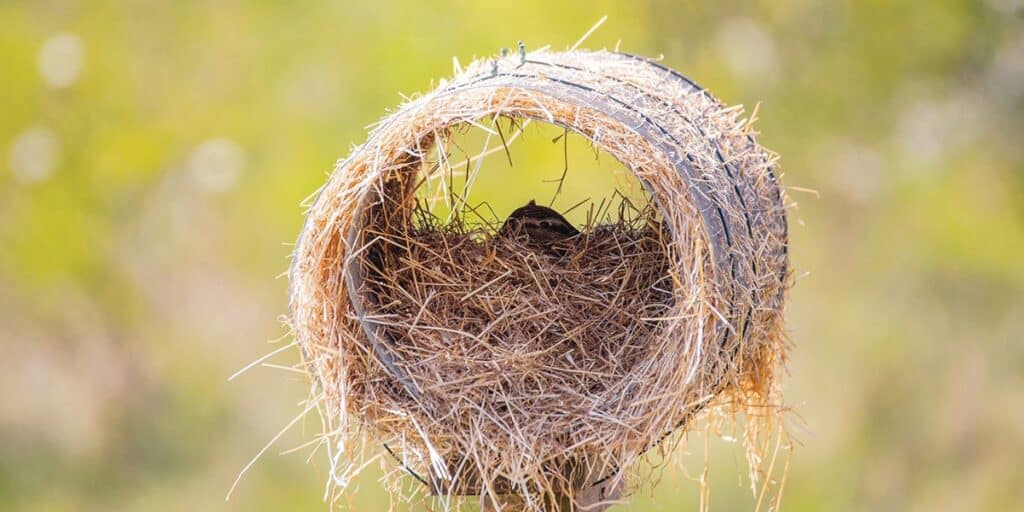
Continue carrying out pest and predator control.
Keep an eye out for nesting birds (from a distance). If other people have access to the land where the nests were sites, consider installing signs asking people to stay away from the nesting area to reduce disturbance.
Enjoy some time sitting and watching activity on the water and monitoring usage.
Remember to also record nests that have not been used and make additional notes if nests have been abandoned/predated/disturbed.
If your site is on an SSSI and you plan to install duck nest tubes, make sure to submit your consenting application to the regulator by the beginning of September at the latest (this can also be submitted any time earlier in the year) to ensure you can install your nests the following January, as this application can take up to four months to be approved.
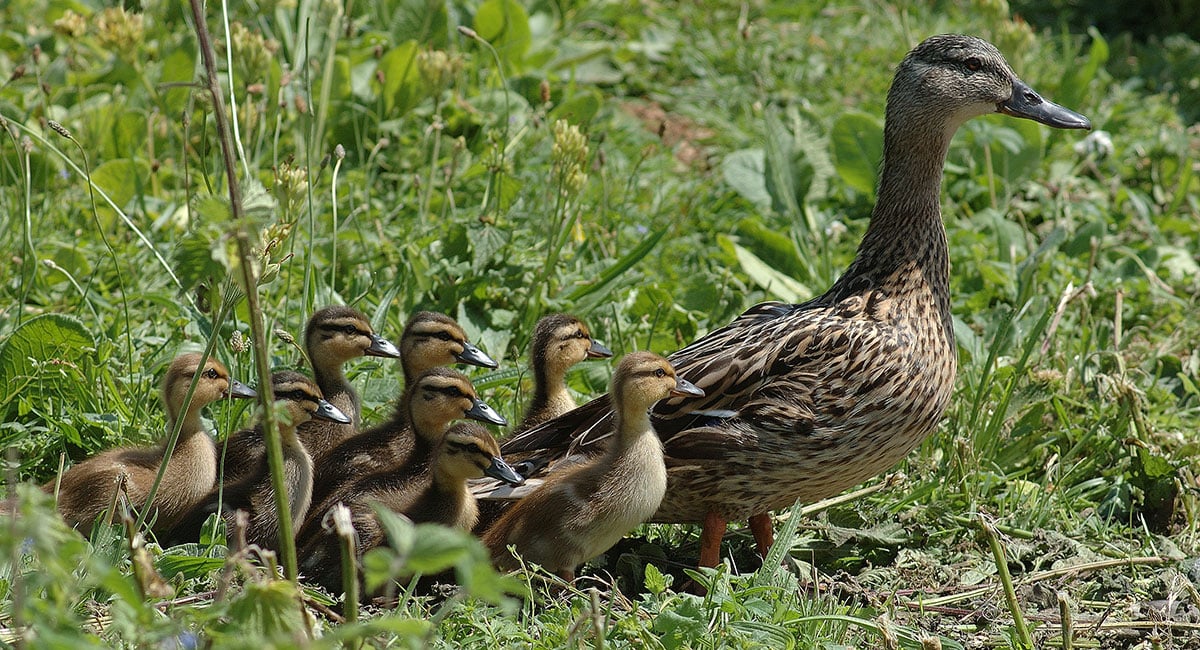
If you plan to provide supplementary feed, take a look at our flight ponds code of practice.
The wildfowling season begins, be sure to check the BASC wildfowling code of practice before heading out.
Remember to submit your data via the Waterfowlers’ Network online data form by 31 October.
Commence winter maintenance tasks.
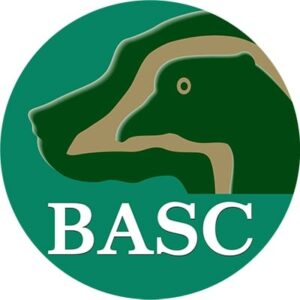

The BASC Wildlife Fund has awarded its first loan in Wales to the Wentloog Wildfowling and Conservation Association.
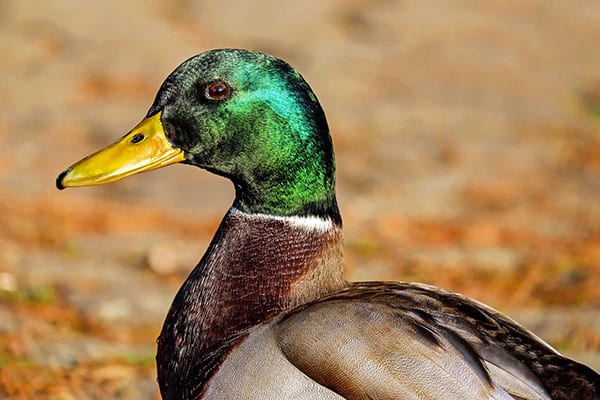
BASC have called for a voluntary restraint of the shooting of wildfowl from the 6th January.
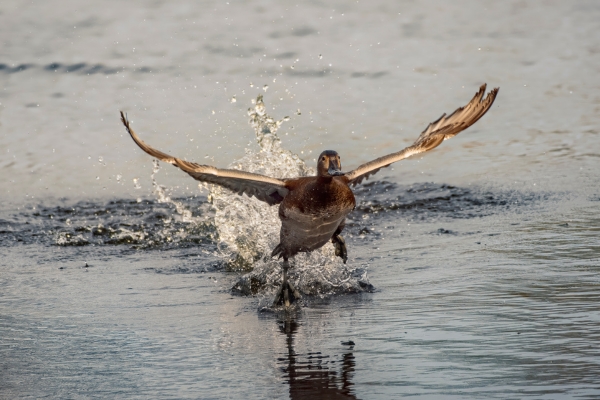
Tickets are on sale for BASC’s National Wildfowling Conference, which takes place at the Crowne Plaza, Birmingham NEC, on 29 March 2025.
Sign up to our weekly newsletter and get all the latest updates straight to your inbox.
© 2025 British Association for Shooting and Conservation. Registered Office: Marford Mill, Rossett, Wrexham, LL12 0HL – Registered Society No: 28488R. BASC is a trading name of the British Association for Shooting and Conservation Limited which is authorised and regulated by the Financial Conduct Authority (FCA) under firm reference number 311937.
BASC Direct Ltd is an Introducer Appointed Representative of Agria Pet Insurance Ltd who administer the insurance and is authorised and regulated by the Financial Conduct Authority, Financial Services Register Number 496160. Agria Pet Insurance is registered and incorporated in England and Wales with registered number 04258783. Registered office: First Floor, Blue Leanie, Walton Street, Aylesbury, Buckinghamshire, HP21 7QW. Agria insurance policies are underwritten by Agria Försäkring.
If you have any questions or complaints about your BASC membership insurance cover, please email us. More information about resolving complaints can be found on the FCA website or on the EU ODR platform.